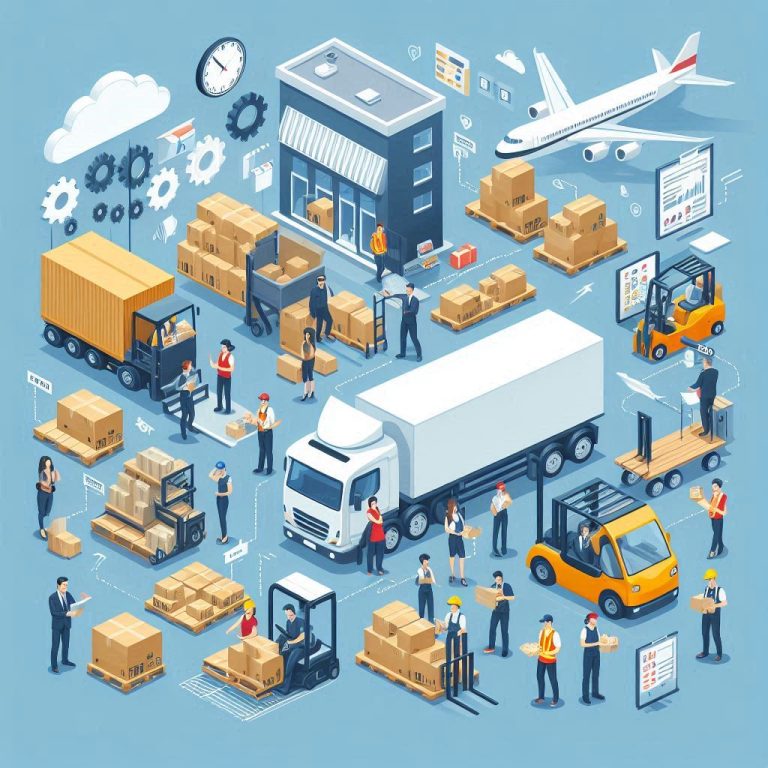
Global trade relies on freight forwarders to move goods smoothly. They ensure goods arrive on time and without fuss by connecting manufacturers, exporters, and transport services. Complex international shipment logistics, paperwork, and coordination are their specialties. Freight forwarders do more than move goods, as many people believe. Choosing the proper shipping delivery company requires understanding their role.
A freight forwarder?
Freight forwarders ship and store products for exporters and importers. They coordinate with ships, trucks, railroads, and airlines to find the best routes and pricing.
- The main role of freight forwarders is to book cargo space with multiple carriers.
- Arranging sea, air, and land travel.
- Handling bills of lading, customs paperwork, and export licenses.
- Offering shipping insurance.
- Providing warehousing and storage.
- Tracking and informing customers on deliveries.
Customs clearance help to guarantee products pass border checkpoints.

Freight Forwarders—Why Use?
International shipping is difficult and time-consuming. Freight forwarders reduce these steps:
- Navigating difficult customs and regulations.
- Manage paperwork and compliance to save time.
- Offering affordable shipping.
- Professional packing and routing advise.
- Risk management through insurance recommendations.
- Freight forwarders reduce delays, missed shipments, and fines.
Freight Forwarders Work How?
Forwarders organize and execute shipments behind the scenes. Simple explanation of their process:
- Consultation: Determine shipper needs, commodities, and destination.
- Select the best carriers and routes based on cost, time, and reliability.
- Book and document – Reserve freight space and complete paperwork.
- Pick up, package, and transfer cargo to the first carrier.
- Track the package at every stage.
- Coordinate with customs to clear items.
- Arrange final delivery from the port to the receiver.
Service Types
Freight forwarders offer customized services based on shipping needs:
- Air freight delivers critical or valuable products quickly.
- Ocean freight is economical for big shipments.
- Road Freight—Flexible port and border delivery.
- Rail freight is efficient for long land distances.
- Reduce costs by consolidating smaller shipments.
Project cargo handling—Big or complicated commodities.
The advantages of using a freight forwarder include expertise in worldwide shipping regulations and procedures.
- Single-point logistical contact for convenience.
- Cost savings: Carrier partnerships offer better rates.
- Risk Management: Cargo advice and insurance.
- Customs clearance faster and less delayed.
Conclusion
Global trading is complicated, so freight forwarders are crucial. Their experience, coordination, and support enable efficient cross-border goods movement. They handle everything from booking ships and flights to customs and delivery. A reputable freight forwarder can make or break worldwide expansion. Consider a delivery company that provides complete freight forwarding services for your shipping needs.







